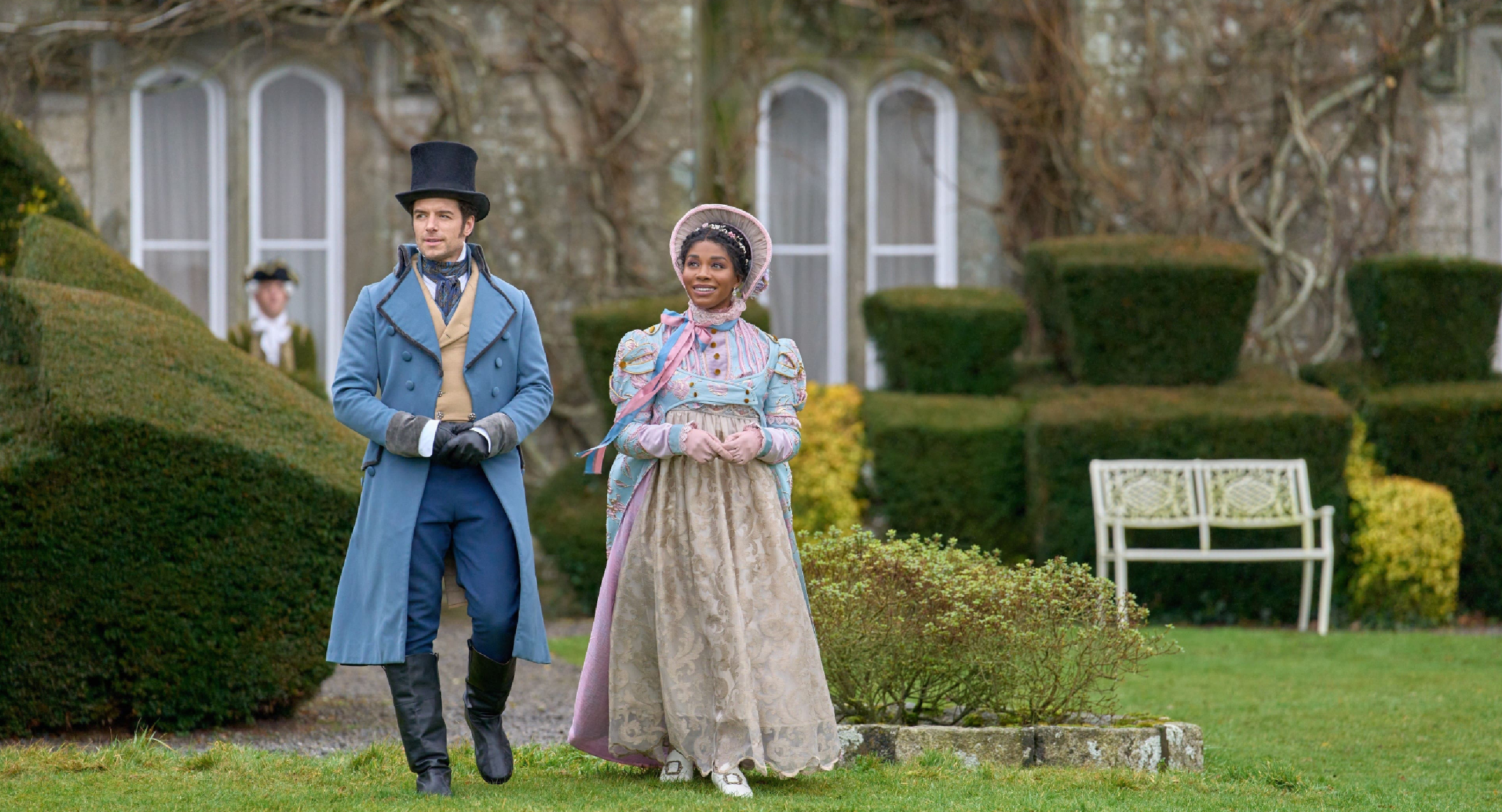Sense and Sensibility (2024) – Film Review
Published July 23, 2024

Roger M. Bobb‘s 2024 adaptation of Sense and Sensibility presents a modern retelling of Jane Austen’s classic novel. With a screenplay by Tom Huddleston, the film stars Deborah Ayorinde as Elinor Dashwood, Bethany Antonia as Marianne Dashwood, Dan Jeannotte as Edward Ferrars, Akil Largie as Colonel Brandon, and Victor Hugo as John Willoughby. Despite its promising cast and a contemporary setting, the film struggles to capture the essence of Austen’s original work, resulting in a mixed bag of performances, direction, and storytelling.
The film stays true to the basic plot of Austen’s novel, following the lives of the Dashwood sisters after their father’s death. They are forced to navigate financial difficulties and romantic entanglements while adhering to societal expectations. However, Bobb and Huddleston choose to set the story in modern-day London, which presents both opportunities and challenges. The contemporary setting allows for relevant social commentary, but it also leads to moments where the plot feels forced and awkward.
Deborah Ayorinde’s portrayal of Elinor Dashwood is one of the film’s stronger elements. She brings a quiet strength and dignity to the role, effectively conveying Elinor’s sense of responsibility and inner turmoil. Ayorinde’s performance is nuanced and grounded, making her the emotional anchor of the film. However, her character is often let down by the script, which fails to fully explore Elinor’s complexities.
Bethany Antonia as Marianne Dashwood delivers a spirited and passionate performance. Antonia captures Marianne’s youthful exuberance and impulsiveness, but at times, her portrayal verges on over-the-top. The chemistry between Ayorinde and Antonia as the sisters is believable, though it lacks the depth necessary to fully engage the audience.
Dan Jeannotte as Edward Ferrars is charming but ultimately unremarkable. His performance feels understated to the point of being bland, lacking the emotional weight required to make Edward’s internal conflict compelling. Akil Largie as Colonel Brandon brings a quiet gravitas to the role, yet his character is underutilized, leaving much to be desired in terms of character development.
Victor Hugo’s John Willoughby is the most disappointing of the main cast. While he has the necessary charisma for the role, his performance feels superficial. Willoughby’s character arc lacks the complexity and moral ambiguity that make him a fascinating figure in Austen’s novel. This results in a one-dimensional portrayal that fails to evoke the intended emotional response.
Roger M. Bobb’s direction is competent but uninspired. The film’s pacing is uneven, with some scenes dragging on while others feel rushed. Bobb struggles to balance the film’s comedic and dramatic elements, leading to tonal inconsistencies that detract from the overall experience. The film’s modern setting is visually appealing, with sleek cinematography capturing the vibrancy of London. However, the cinematography often feels more suited to a romantic comedy than a period drama, lacking the atmospheric depth needed to immerse the audience in the story.
Tom Huddleston’s screenplay is a mixed bag. While he successfully updates certain aspects of the story to fit a contemporary context, many of the novel’s subtleties and nuances are lost in translation. The dialogue often feels stilted and unnatural, with characters delivering lines that seem out of place in a modern setting. Additionally, the film fails to fully explore the themes of social class, economic hardship, and the role of women, which are central to Austen’s work.
The modern setting allows for some interesting updates, such as the use of technology and social media to drive the plot forward. However, these elements are not always integrated smoothly, leading to moments where the story feels disjointed. The film’s attempt to address contemporary issues such as mental health and career aspirations is commendable, but these themes are not given enough depth to make a lasting impact.
The film’s score, composed by an up-and-coming musician, complements the modern setting but lacks the emotional resonance needed to elevate the story. The music is pleasant but forgettable, often failing to enhance the emotional weight of key scenes. The use of contemporary pop songs feels out of place and detracts from the film’s overall tone.
Roger M. Bobb’s Sense and Sensibility is a well-intentioned but ultimately flawed adaptation of Jane Austen’s classic novel. The film boasts a talented cast and a visually appealing modern setting, but it falls short in terms of direction, screenplay, and character development. Deborah Ayorinde’s performance as Elinor Dashwood is a standout, but the film’s uneven pacing, tonal inconsistencies, and superficial treatment of key themes prevent it from achieving its full potential.
